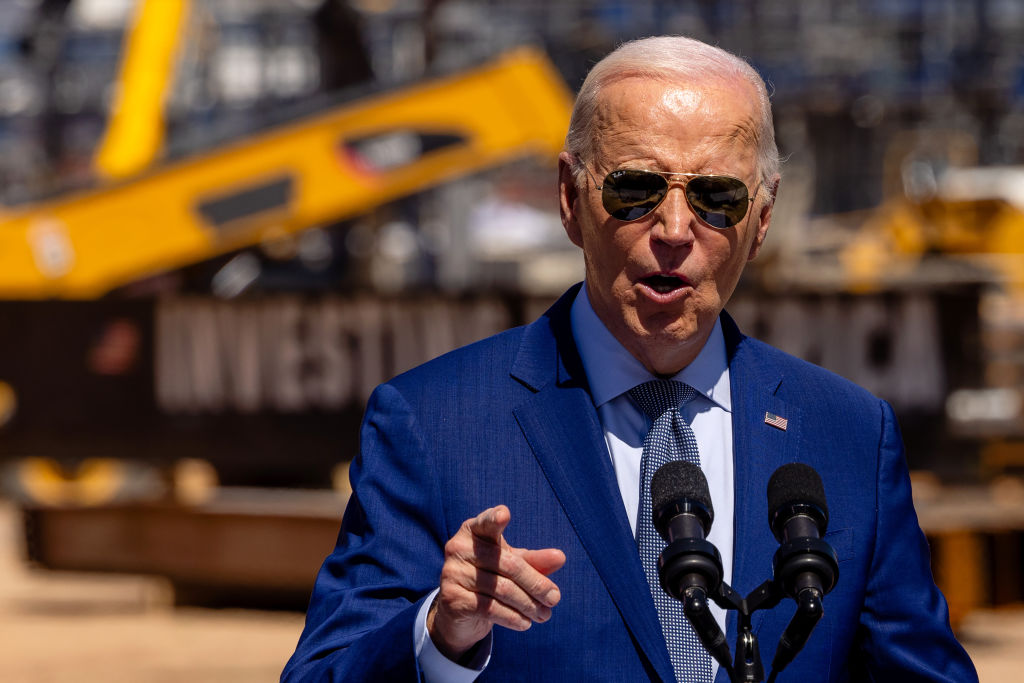The Biden administration remains committed in its attempts to have its cake and eat it too. At least, that’s the best way to understand the newest pollution standards issued for non-electric cars this week. The regulation introduced on Wednesday is a more moderate version of the measures suggested last April, which were retracted due to opposition from the automotive sector. Nonetheless, it stands as the most assertive plan against internal combustion engines by any nation globally.
Joe Biden now finds himself between a rock and a hard place. He must placate the Left wing of his party, which wants to move away from fossil fuels and the internal combustion engine as soon as possible, but he also depends on the unionised sector of the car manufacturing industry — and these unions and their workers are more sceptical when it comes to the transition to electric vehicles. In fact, unions contributed $45,000 to the Republican National Committee last month, marking a notable shift for movements which have predominantly backed Democrats, and providing embarrassment for a president who likes to present himself as an advocate for workers’ rights.
While unions have not yet openly broken with the Democratic Party, donating money to the Republicans is a clear warning shot that Biden cannot take their support for granted. They have been burned before, as when the current administration cancelled the Keystone XL pipeline. This pipeline was supposed to transport Canadian crude to US refineries, and would have created jobs both in the construction and the oil processing sector.
Unions will also remain vigilant when it comes to Biden’s attempt to pause the construction of new LNG export terminals along the Gulf Coast. On Thursday Texas, accompanied by fifteen other states, initiated legal action against the Biden administration’s decision to halt approvals for new liquefied natural gas (LNG) export projects. Leading the charge as the top producer of oil and natural gas in the US, Texas, along with the cohort of Republican-leaning states, took its grievances to a federal court in Louisiana to contest the ruling.
This moratorium on new LNG export permits comes after long-running demonstrations from environmental advocates, who have raised concerns that establishing new and augmenting current export infrastructures would require committing to several more decades of greenhouse gas emissions.
That the interests of workers and environmentalists are not always aligned is becoming more obvious as the Biden administration moves ahead with its ambitious goals on climate change. Alienating the once solidly Democratic labour unions is no longer out of the question. Donald Trump is already targeting workers in the American Rust Belt, warning that another Biden term would be a “bloodbath” for the auto industry. He could not sway them in 2020 but, as things stand, there could be a very different outcome in 2024.











Join the discussion
Join like minded readers that support our journalism by becoming a paid subscriber
To join the discussion in the comments, become a paid subscriber.
Join like minded readers that support our journalism, read unlimited articles and enjoy other subscriber-only benefits.
Subscribe